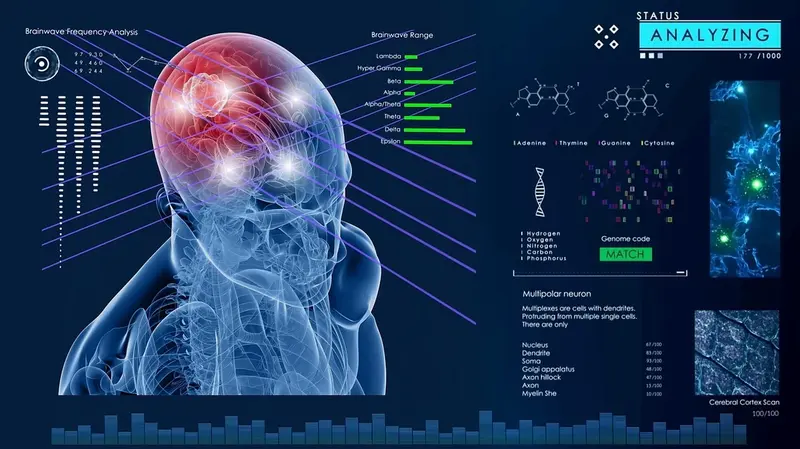When we are occasionally or systematically deprived of , it becomes difficult to concentrate. A new study from researchers at the University of Oxford (UK) has shed light on the origins of this biological phenomenon and helped us gain a deeper understanding of our need for rest at the cellular level.
The team determined that the mitochondria in our cells are responsible for signaling that the body needs to sleep as soon as possible.
Researchers suggested that these tiny energy generators cause a kind of metabolic overload in the neurons that regulate sleep. As a result, the brain operates at the edge of its capabilities. Meanwhile, sleep helps alleviate this overload, taking care of , as reported by Science Alert.
“We aimed to understand the purpose of sleep and why we feel the need to sleep at all. Despite decades of research, no one has been able to identify a clear physical trigger. Our results suggest that the answer may lie in the very process that provides our body with energy: aerobic metabolism,” explained physiologist Gero Miesenböck, a co-author of the study.
What Did the Scientists Discover?
The university team studied responsible for regulating sleep using fruit flies, Drosophila melanogaster, as their model. Many genes and molecular mechanisms in fruit flies are similar to those in humans, making them an excellent model for studying processes that occur in the human body.
By comparing well-rested fruit flies with sleep-deprived ones, researchers noticed differences in gene activity and electrical signaling. They found that overloaded mitochondria in the sleep-deprived brain lose electrons, increasing the production of harmful byproducts. Neurons that regulate sleep respond to these molecules by entering a state of heightened activity, making sleep a critical biological priority.

“Mitochondria cannot allow too many electrons to slip through. When this happens, they generate reactive molecules that damage cells,” noted neurobiologist Raffaele Sarnataro, the lead author of the study.
Genetically modifying fruit flies to produce more electrons in the cells that regulate sleep resulted in flies that slept more. Conversely, flies with reduced electron generation slept less.
Of course, there are other factors that influence sleep, from the number of cups of consumed to disruptions in circadian rhythms that dictate sleep timing. However, scientists now have insight into the actual cellular mechanism that controls sleep and understand why it is indispensable.
Everything the researchers learned during the study could eventually aid in treating sleep disorders and even neurological diseases such as . These conditions are closely linked to sleep and how it protects the brain.
The study also revealed a connection between metabolism, sleep, and lifespan. Smaller animals tend to sleep more and live shorter lives, and the activity of mitochondria and the waste that needs to be eliminated may be one reason for this.
The results of the study were published in the journal Nature.
Photo: pexels.com
